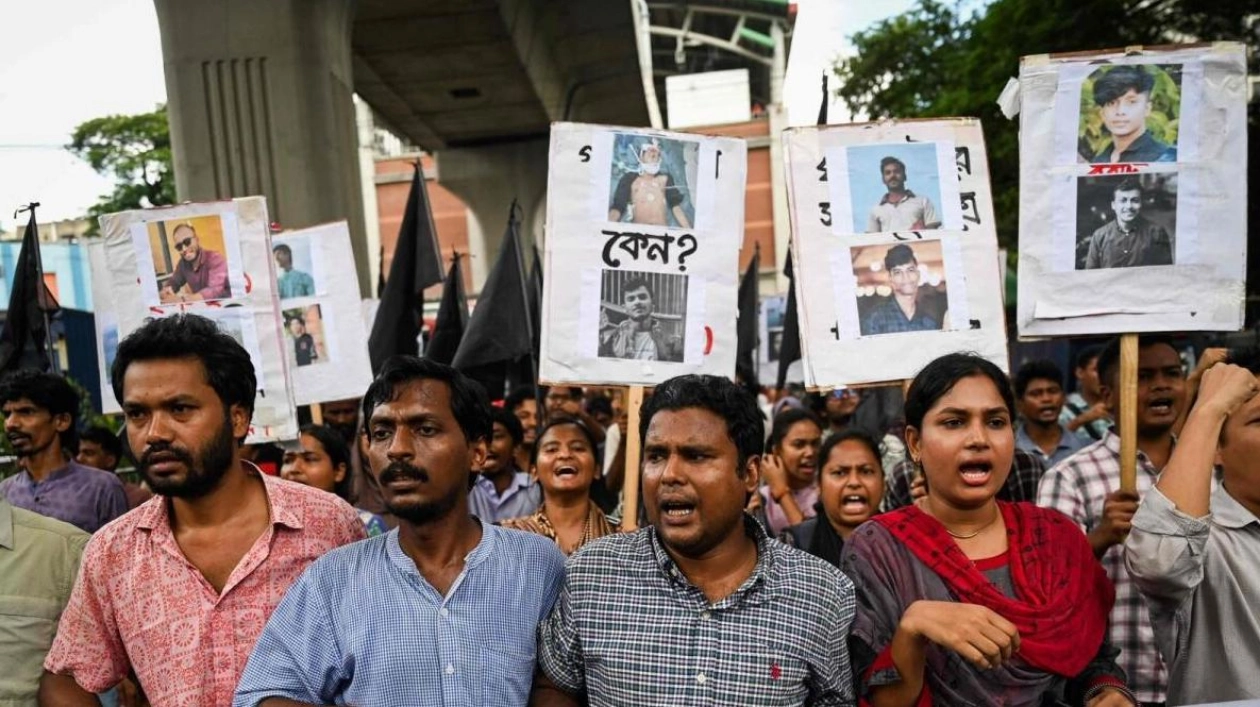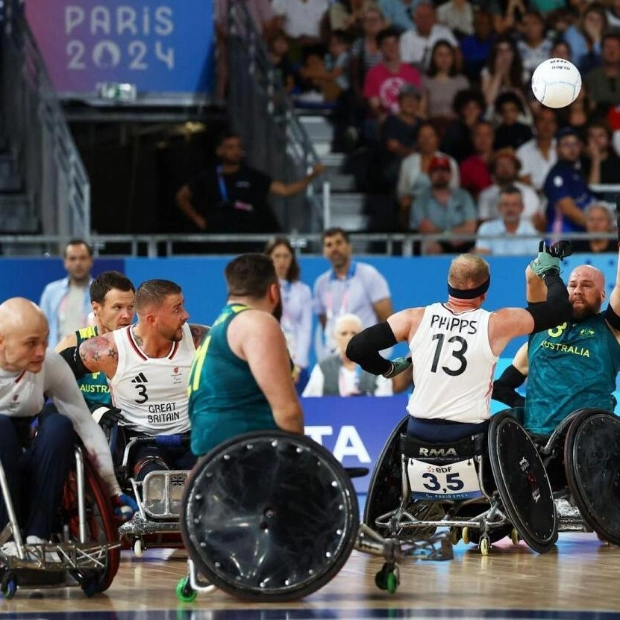On Monday, Bangladeshi students staged scattered street protests as Prime Minister Sheikh Hasina's government disregarded an ultimatum demanding the release of their leaders and an apology for those killed during recent unrest. The student protests against civil service job quotas escalated into days of violence, resulting in at least 205 deaths, including several police officers, according to an AFP tally based on police and hospital data. These clashes marked some of the most severe during Hasina's 15-year rule, but her administration has since largely re-established order by deploying troops, enforcing a curfew, and implementing a nationwide internet shutdown. Among the thousands detained by police are at least half a dozen leaders from Students Against Discrimination, the group that initiated the protests.
Abdul Kader, a coordinator for the group, criticized the government's continued insensitivity towards their movement and called on all Bangladeshi citizens to support their demands and join the protests. Although several protests occurred in Dhaka and other parts of Bangladesh on Monday, they were significantly smaller than those earlier in the month. Police used batons to disperse a protest on the outskirts of Dhaka, arresting at least 20 individuals, as reported by Prothom Alo. Security forces were widely deployed in the city of 20 million to prevent further demonstrations. Students Against Discrimination had threatened to end a week-long pause on new demonstrations if their leaders were not released by Sunday evening. Their demands also include a public apology from Hasina for the violence, the removal of several ministers, and the reopening of schools and universities closed during the unrest.
Since the beginning of the unrest, at least 9,000 people have been arrested nationwide, according to Prothom Alo. Troops continue to patrol urban areas, and a nationwide curfew remains in effect, though it has been gradually relaxed since last week. Bangladesh's mobile internet network was restored on Sunday, 11 days after a nationwide blackout, indicating the government's confidence in regaining control. The foreign ministry stated that the situation is returning to normalcy due to the government's timely and appropriate measures. Hasina's government also announced a day of national mourning for those killed during the unrest. The protests initially erupted over the reintroduction of a quota system reserving more than half of government jobs for specific groups, deeply upsetting graduates amid an acute jobs crisis with around 18 million young Bangladeshis unemployed, according to government figures. Critics argue that the quota system is used to fill public jobs with loyalists to the ruling Awami League. The Supreme Court reduced the number of reserved jobs last week but did not meet protesters' demands to abolish the quotas entirely.
Hasina, 76, has been ruling Bangladesh since 2009 and secured her fourth consecutive term in January after an election without genuine opposition. Her government is criticized by rights groups for misusing state institutions to consolidate power and suppress dissent, including the extrajudicial killing of opposition activists. The protests had been largely peaceful until police and pro-government student groups attacked demonstrators. The government accuses opposition parties of exploiting the protests to incite unrest. Home minister Asaduzzaman Khan stated that security forces had shown restraint but were compelled to use force to protect government buildings.






